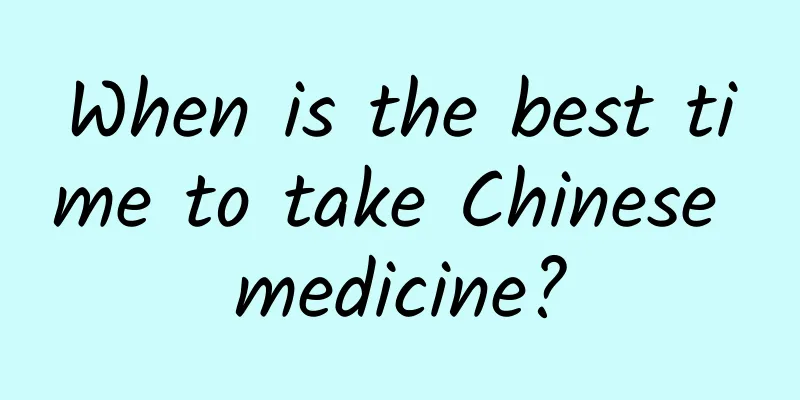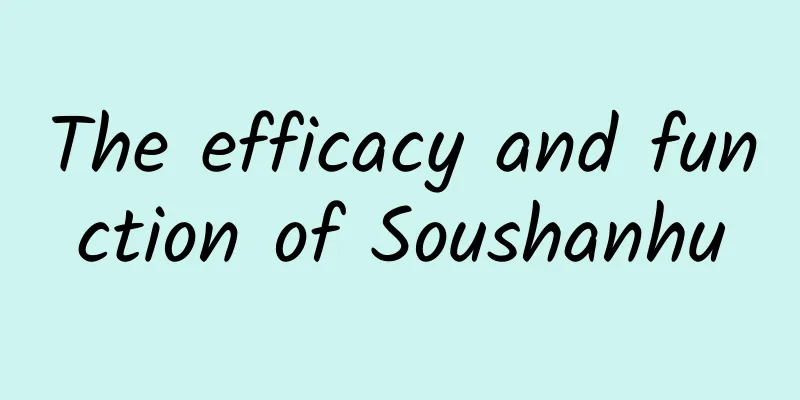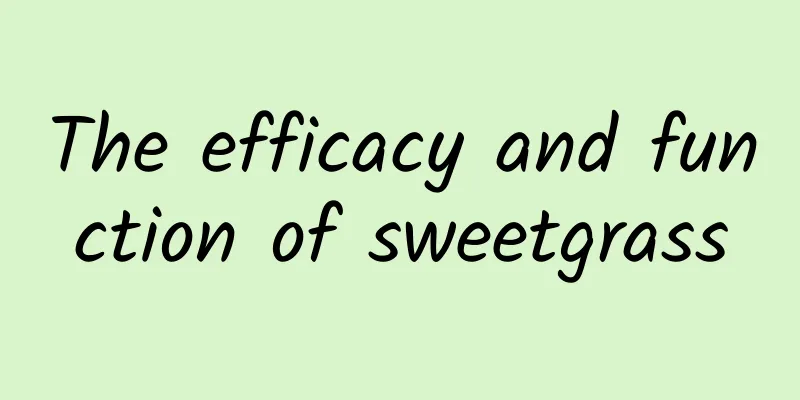When is the best time to take Chinese medicine?

|
We usually drink these Chinese medicinal herbs after meals, and some need to be drunk before meals or before going to bed. You need to listen to the doctor's advice to take the medicine. It is best to drink Chinese medicine for regulating the stomach and intestines after meals, which can promote gastrointestinal digestion and help reduce gastrointestinal pressure. Now let us understand the best time to take conditioning Chinese medicine. 1. Take before meals: Generally take the medicine 30 to 60 minutes before meals. If the disease is located in the lower part of the body, the medicine should be taken before meals so that the medicinal properties can be easily delivered to the lower part of the body, such as liver and kidney deficiency or diseases below the waist. For the treatment of intestinal diseases, it is also advisable to take medicine before meals, because when the stomach is empty, the liquid medicine can directly contact the gastrointestinal mucosa and pass through the stomach into the intestine more quickly, so that more of it can be absorbed and exert its effect, without being diluted by food in the stomach and affecting its efficacy. 2. Take after meals: Generally take the medicine 15 to 30 minutes after meals. If the disease is located in the upper part of the body, the medicine should be taken after meals. For treating diseases of the heart, lungs, chest, diaphragm, and stomach, taking the medicine after meals can allow the medicinal properties to move upward. Drugs that are irritating to the gastrointestinal tract can reduce damage to the gastrointestinal mucosa by taking them after meals. Drugs with higher toxicity should also be taken after meals to avoid side effects due to too rapid absorption. 3. Take between meals: that is, take the medicine between meals to avoid the influence of food on the medicine. Medicines for treating spleen and stomach diseases should be taken between meals. 4. Take on an empty stomach: Decoctions with nourishing effects should be taken on an empty stomach in the morning to facilitate full absorption. Drugs used to deworm or treat limb blood vessel diseases should also be taken on an empty stomach, so that the drugs can enter the intestines quickly and maintain a high concentration to quickly exert their effects. The same applies to decoctions with laxative effects to enhance their efficacy. 5. Take before bed: Generally take it 15 to 30 minutes before bedtime. After taking the medicines that nourish the heart and spleen, calm the mind, and induce sleep, as well as those with stagnation, chest and diaphragm diseases, etc., it is advisable to lie on your back; if you have head, mouth, or ear diseases, you should lie down without a pillow after taking the medicine; when you have symptoms on the left or right ribs, after taking the medicine, you should choose a sleeping position according to the ascending and descending effects of the medicine. If the medicine has an ascending effect, you should choose to lie on the healthy side; if the medicine has a sinking effect, you should choose to lie on the affected side. The above tells us in detail that it is best to take conditioning Chinese medicine after meals, mainly because taking conditioning Chinese medicine after meals is more conducive to blood absorption. The Chinese medicines that are taken on an empty stomach are generally tonic, and the Chinese medicines that are used to deworm are taken on an empty stomach in order to eliminate toxins and exert their efficacy, so you must use them correctly. |
>>: Is it better to take Chinese medicine for regulating menstruation before or after meals?
Recommend
The efficacy and function of Artemisia chinensis
Regarding Artemisia selengensis, I think some peo...
The "most mysterious bird in the world" in Weiyuan, Sichuan was released back into the wild and found its "family"!
More than half a month ago, local villagers disco...
What are the effects of Di Ren?
Di Ren is a kind of plant Chinese medicine with h...
Why are buildings made into "potato chips"? Not to tempt you, but because they are strong...
01 Potato Chips. What shape are you? In fact, the...
The efficacy and function of pearl ginseng leaves
The Chinese medicinal herb Ginseng Leaf is alread...
Be careful of burns when using a warm baby in winter
Every cold winter Human beings are all related to...
Medicinal value of red dates and wolfberries
The medicinal value of red dates and wolfberries ...
The efficacy and function of the safflower
Many people are not very clear about the effects ...
Introduction to the use of ginger to treat hair loss
Nowadays, many people suffer from hair loss, and ...
Plague and the Evolution of Diet: The Three Years of the Black Death in Europe
Written by | Wei Shuihua Header Image | foodiesfe...
The efficacy and function of Tamarix chinensis flowers
Traditional Chinese medicine culture is profound ...
The efficacy and function of red hairy leaf water chestnut
As a traditional Chinese medicine, do you know th...
This symptom suddenly appears in the eyes, which may be caused by high blood pressure or diabetes
The fundus is the part where arteries, veins and ...
Do ruminants have fewer stomach problems than humans?
I saw a very interesting question today and I wou...









